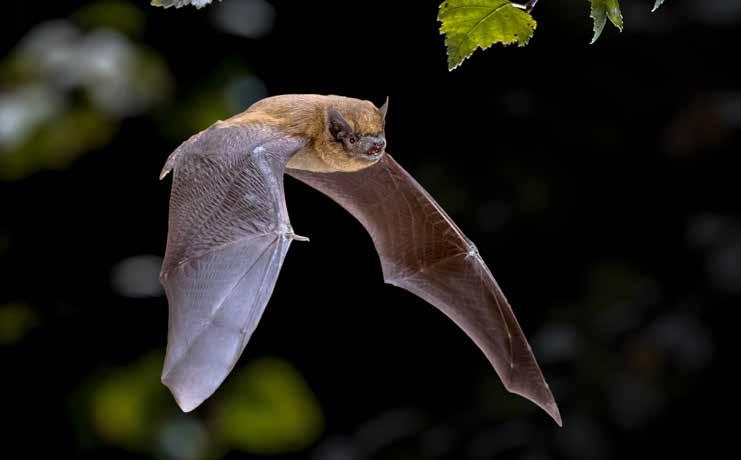
1 minute read
who fights wildlife crime in the UK?
Police forces are expected to be the first port of call regarding wildlife crime. Police Scotland is a single force responsible for policing across Scotland. In most cases, the police service can enforce relevant legislation. In some cases, however, this power falls to other statutory agencies, such as Natural England and the Welsh Government for poisoning incidents, or the Environment Agency for unlicensed fishing.
All police forces have wildlife crime under their remit, but they are operating against a backdrop of austerity. In 2019 there were 20,000 fewer police officers than in 2009. 21 Many but not all police forces have at least one wildlife crime officer.
Advertisement
These officers are specially trained in wildlife crime detection and prosecution, but normally undertake their wildlife duties on top of all their other policing work leaving little time to actually focus on wildlife crime. Many volunteer to take on the responsibility because of their interest, however, a few forces have a full-time wildlife crime officer.
The research found there is inconsistency in how the wildlife crime officer role is implemented and supported. Local response very much depends on the dedication and experience of existing officers and in some cases support from NGOs. Under resourcing results in wildlife crime being considered a low level offence.
NGO action against wildlife crime
Other bodies (statutory, enforcement and voluntary / campaigning) are also involved in combating or monitoring wildlife crime. These include NGOs with a wildlife protection focus such as the RSPB, LACS, the RSPCA and the Bat Conservation Trust. There is close collaboration between such NGOs, the government funded NWCU and The Partnership for Action Against Wildlife Crime UK (PAW UK). PAW meets twice yearly and helps statutory and non-government organisations to work together to reduce wildlife crime.
Despite the level of interest, the number of organisations involved and government statements that wildlife crime is taken seriously, this report suggests that it lacks importance in policing priorities. Consequently, enforcement remains heavily dependent on NGOs.










